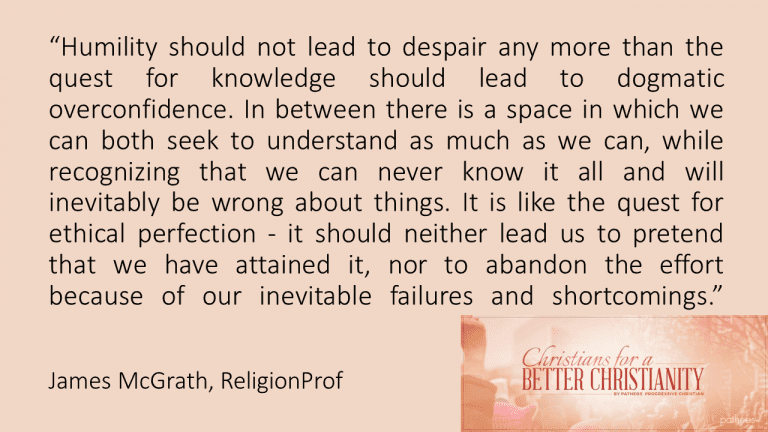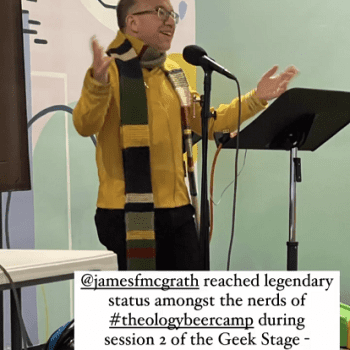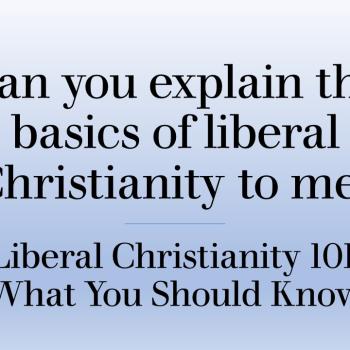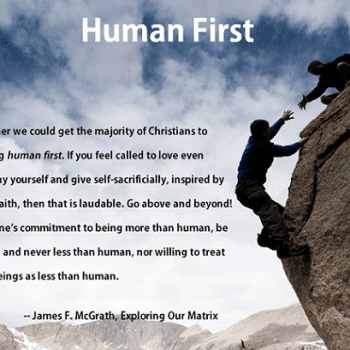It was great having Tripp Fuller visit Indianapolis recently. It was almost ten years ago when I appeared as a guest on his podcast.
Early Christian Monotheism with James McGrath: Homebrewed Christianity 68
Back then he was still numbering them. I’m not sure when he stopped but after the first thousand I suppose it probably makes sense to stop numbering them and just name them instead. I feel like back then, we weren’t even calling them “podcasts” yet, although it is long enough ago that I’m not entirely sure. (For those who may be interested, my own ReligionProf Podcast will resume with new episodes soon, although I’m not sure I’ll be trying to maintain having them appear weekly, as opposed to occasionally when it makes sense to record one. We’ll see.)
Tripp’s topic for the event I managed to attend was one he didn’t choose himself: “Not That Kind of Christian.” I really appreciated the way he addressed the tendency of progressive/liberal Christians to define ourselves by what we aren’t, rather than focusing on what and who we are. Hanging out afterwards, I asked him if he has a good name to articulate that positive Christian stance. One that he mentioned is one I’ve also toyed with using: “Just Christian.” It sounds like “simply Christian” and yet also could be taken to emphasize justice. I mentioned to him my only half serious suggestion about how great it would be to call my stance which embraces critical thinking and methods like historical critical inquiry “Critical Christianity,” because then when we gather for worship we could call it “Critical Mass.” Yes, in case you didn’t already know this, I’d happily embrace a name for my religious stance based on its pun potential.
More seriously, here’s one definition of progressive/liberal Christianity, from Gary Dorrien:
[L]iberal theology is defined by its openness to the verdicts of modern intellectual inquiry, especially the natural and social sciences; its commitment to the authority of individual reason and experience; its conception of Christianity as an ethical way of life; its favoring of moral concepts of atonement; and its commitment to make Christianity credible and socially relevant to modern people.
Tripp said lots of great things, and shared songs he wrote (several of which you can listen to online). One thing that particularly struck me was a story and some thoughts he shared about “cooties,” in which he explored the elaborate efforts children go to deal with a problem that is only imagined, a way of differentiating gender and creating in-group and out-group that can become increasingly complex. Likewise our theologies can revolve around a problem that is in fact itself a result of our inability to rethink our imagined and symbolic worldviews and systems. When he suggested that Jesus was a “professional cootie-catcher,” it seemed very fitting, as Jesus showed himself willing to dare to transgress purity rules and challenge or reject outright ostracizing divisions. But this brief summary doesn’t do justice to the point.
If you ever have the chance, go hear Tripp talk. And sing. But in the meantime, listen to his podcasts. There’s enough there to keep you listening and engaged for a long time.
Also relevant:
Also from Tripp Fuller, one of my favorite authors:














